Support to ESSA Working Group on the development of new training courses on SPS issues
- 02/12/2020
- Posted by: Sandra Borma
- Category: Madagascar, News
No Comments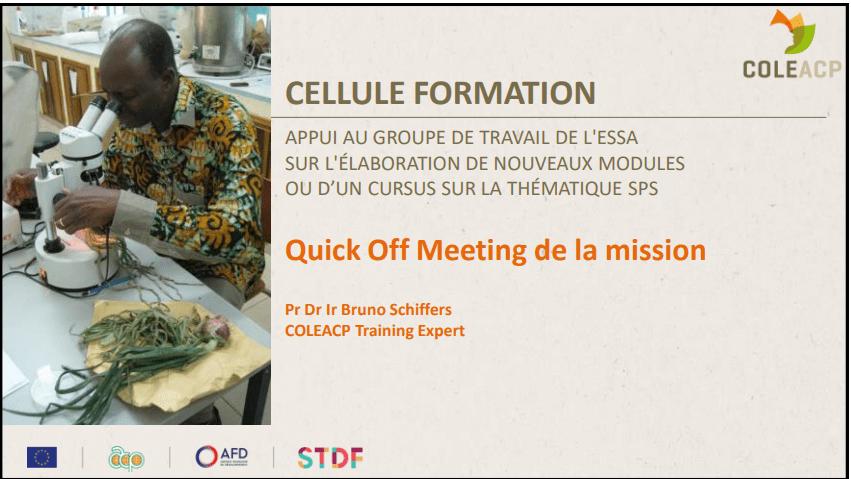 As part of its Fit For Market Programme, COLEACP is supporting Ecole Supérieure des Sciences Agronomiques (ESSA) in the development of new modules or training courses on SPS themes. The aim of this support is to assist the working group set up at ESSA in its deliberations on the integration of specific modules on “sanitary and phytosanitary (SPS)” issues into the training of students, either by adapting existing courses or by developing a new training offer. ESSA is the only… +
As part of its Fit For Market Programme, COLEACP is supporting Ecole Supérieure des Sciences Agronomiques (ESSA) in the development of new modules or training courses on SPS themes. The aim of this support is to assist the working group set up at ESSA in its deliberations on the integration of specific modules on “sanitary and phytosanitary (SPS)” issues into the training of students, either by adapting existing courses or by developing a new training offer. ESSA is the only… +The Dual Vocational Training Business Summit – COLEACP’s contribution on digitalisation
- 01/12/2020
- Posted by: Sandra Borma
- Category: News, Nigeria
 The Delegation of German Industry and Commerce in Nigeria (AHK Nigeria), in collaboration with GIZ and Don Bosco, held its second Dual Vocational Training Business Summit and Skills Conference in early December. The first summit in 2019 hosted around 150 business and political representatives. The objective of the 2020 Skills Summit was to continue and deepen the discussion through a focus on the agriculture and health sectors. In the context of the challenges faced during the coronavirus crisis, it also… +
The Delegation of German Industry and Commerce in Nigeria (AHK Nigeria), in collaboration with GIZ and Don Bosco, held its second Dual Vocational Training Business Summit and Skills Conference in early December. The first summit in 2019 hosted around 150 business and political representatives. The objective of the 2020 Skills Summit was to continue and deepen the discussion through a focus on the agriculture and health sectors. In the context of the challenges faced during the coronavirus crisis, it also… +EU approval will not be renewed for six key PPPs
- 30/11/2020
- Posted by: Gaetan Dermien
- Category: Africa, Benin, Botswana, Burkina Faso, Burundi, Cameroon, Caribbean, Côte d'Ivoire, Democratic Republic Of The Congo, Dominican Republic, Ethiopia, Gambia, Ghana, Guinea, Kenya, Mali, Mauritius, Namibia, Nigeria, Pacific, Rwanda, Senegal, Sierra Leone, Suriname, Tanzania, Togo, Uganda, Zambia, Zimbabwe
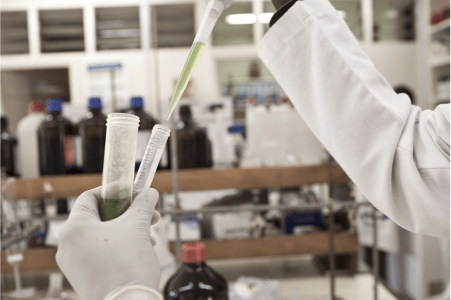 Key points EU approval will not be renewed for six PPPs that are important to ACP horticulture : – thiophanate methyl – mancozeb – imidacloprid – zeta-cypermethrin – haloxyfop-p – pencycuron How will ACP producers/exporters be affected? Non-renewal means that these PPPs can no longer be legally used within EU countries. But it also has an impact on ACP growers – the EU maximum residue levels (MRLs) will be reduced to the limit of determination (LoD), which in most cases means… +
Key points EU approval will not be renewed for six PPPs that are important to ACP horticulture : – thiophanate methyl – mancozeb – imidacloprid – zeta-cypermethrin – haloxyfop-p – pencycuron How will ACP producers/exporters be affected? Non-renewal means that these PPPs can no longer be legally used within EU countries. But it also has an impact on ACP growers – the EU maximum residue levels (MRLs) will be reduced to the limit of determination (LoD), which in most cases means… +Validation workshop on phytosanitary legislation in Guinea
- 30/11/2020
- Posted by: Sandra Borma
- Category: Guinea, News
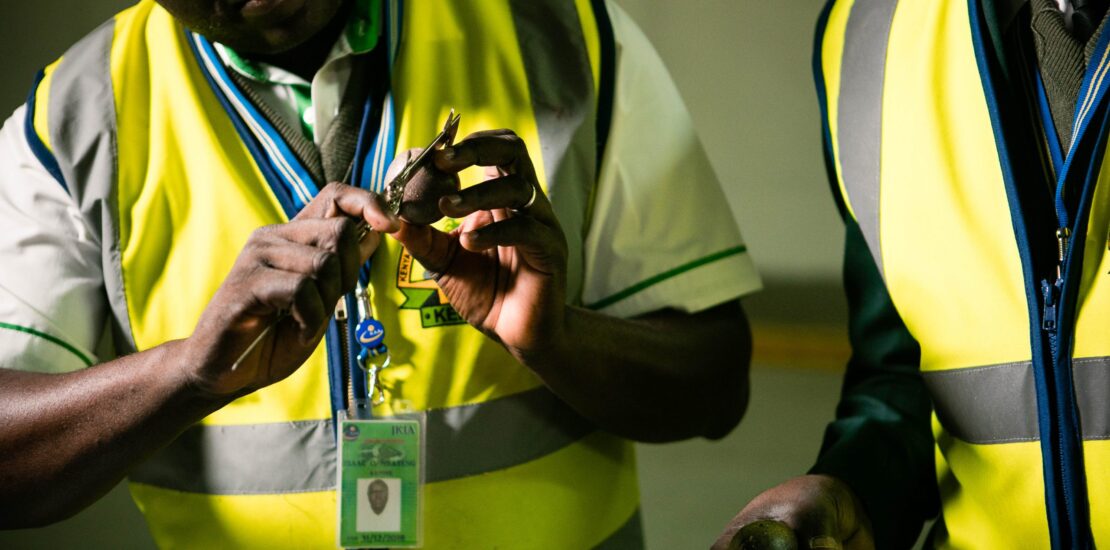 A workshop in Coyah brought together several of Guinea’s ministries (Justice, Health, Agriculture, and Trade) to validate new legislation governing official control, inspection and phytosanitary certification, in line with the international phytosanitary standards signed and ratified by Guinea. The workshop was supported by the #STDF Guinea programme, implemented by COLEACP, which is working to strengthen the country’s SPS control and certification system.… +
A workshop in Coyah brought together several of Guinea’s ministries (Justice, Health, Agriculture, and Trade) to validate new legislation governing official control, inspection and phytosanitary certification, in line with the international phytosanitary standards signed and ratified by Guinea. The workshop was supported by the #STDF Guinea programme, implemented by COLEACP, which is working to strengthen the country’s SPS control and certification system.… +Training in vegetable production (including post-harvest) for a women’s cooperative of Global Shea Alliance
- 26/11/2020
- Posted by: Sandra Borma
- Category: Ghana, News, Shea
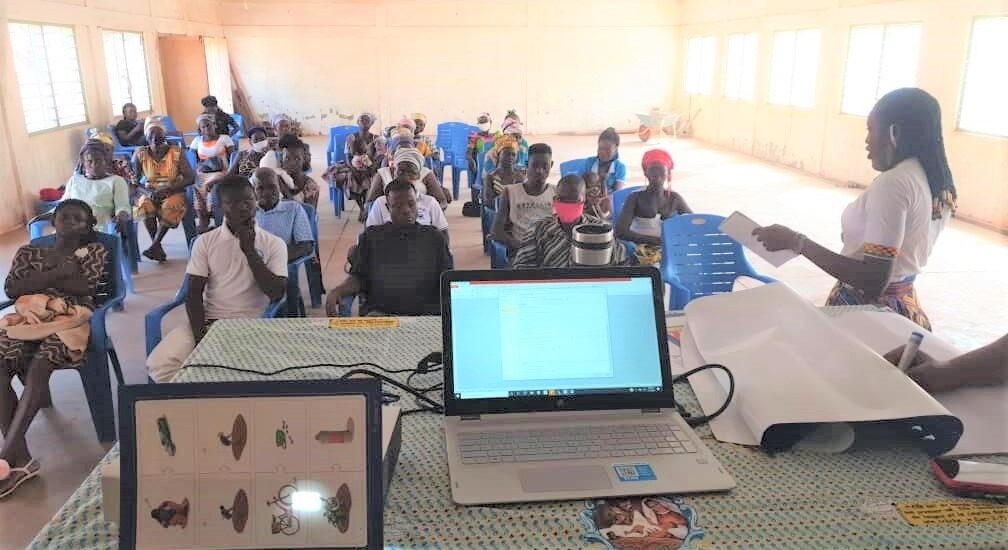 As part of COLEACP’s Fit For Market programme, training in vegetable production was organised for the Global Shea Alliance (GSA). The objective was to strengthen the participants’ technical skills on crop seasonality – what can be produced between October and April (shea off-season), good agricultural practices, crop protection, integrated pest management (IPM), safe use of pesticides, and post-harvest practices. Participants showed great interest and the training was highly appreciated. The next step, which is training on hygiene and food safety,… +
As part of COLEACP’s Fit For Market programme, training in vegetable production was organised for the Global Shea Alliance (GSA). The objective was to strengthen the participants’ technical skills on crop seasonality – what can be produced between October and April (shea off-season), good agricultural practices, crop protection, integrated pest management (IPM), safe use of pesticides, and post-harvest practices. Participants showed great interest and the training was highly appreciated. The next step, which is training on hygiene and food safety,… +Aspire Cooperative re-evaluates its business plan in response to Covid-19 challenges
- 24/11/2020
- Posted by: Sandra Borma
- Category: News, Zimbabwe
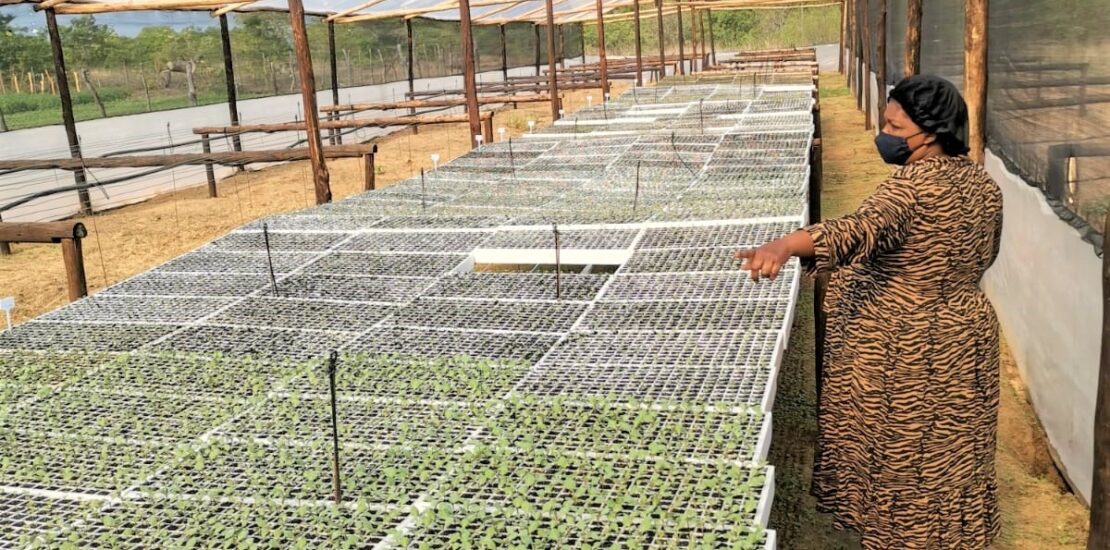 After participating in the Business Survival Bootcamp organised by COLEACP in cooperation with the African Management Institute, Aspire Cooperative in Zimbabwe received individual e-coaching from a COLEACP business expert on strategic planning and cost management, to assist in planning and coping with the challenges resulting from the microeconomic consequences of the pandemic. Aspire Cooperative produces vegetable seedlings, rape, cabbages, watermelons, tomatoes and sweet potatoes, and is now venturing into passion fruit production.… +
After participating in the Business Survival Bootcamp organised by COLEACP in cooperation with the African Management Institute, Aspire Cooperative in Zimbabwe received individual e-coaching from a COLEACP business expert on strategic planning and cost management, to assist in planning and coping with the challenges resulting from the microeconomic consequences of the pandemic. Aspire Cooperative produces vegetable seedlings, rape, cabbages, watermelons, tomatoes and sweet potatoes, and is now venturing into passion fruit production.… +News Digest: Agri-food production
- 19/11/2020
- Posted by: Emmanuel Bourcelet
- Category: Bananas, Cucumber, Melons, News, Onions, Pineapples, Tomatoes, Watermelons
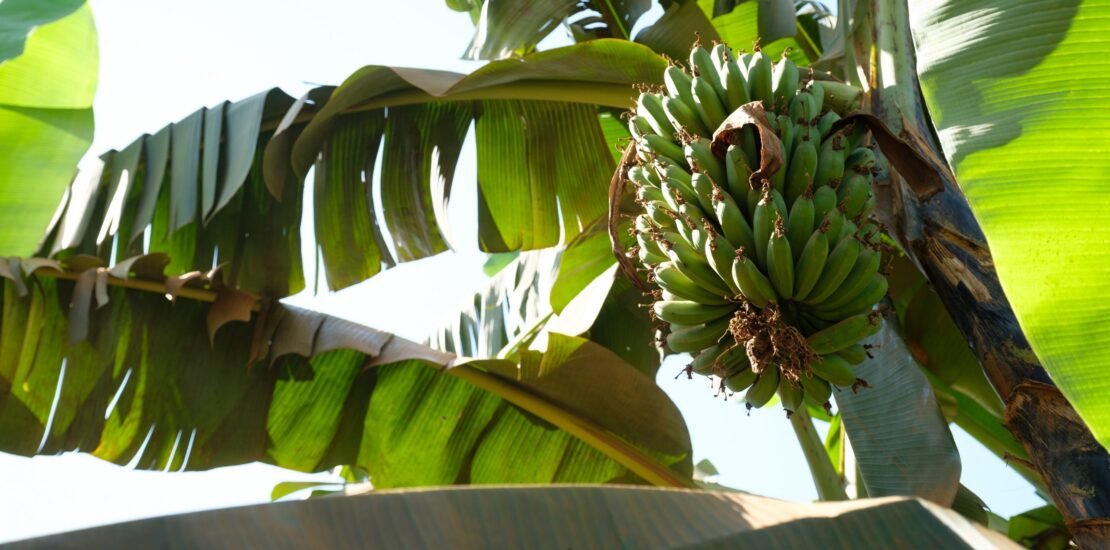 AFRICA Climate change increasingly threatens vulnerable Africa A recent report from the World Meteorological Organization states that climate change is having significant impacts in Africa (Commodafrica, 28 October). These impacts are likely to worsen in the future, particularly for food supplies, economies and health. The main risks for agriculture are reduced crop productivity (heat and drought); increased pest and disease damage; and the effects of floods on food system infrastructure. Aerial imagery detects and tracks banana threats New research… +
AFRICA Climate change increasingly threatens vulnerable Africa A recent report from the World Meteorological Organization states that climate change is having significant impacts in Africa (Commodafrica, 28 October). These impacts are likely to worsen in the future, particularly for food supplies, economies and health. The main risks for agriculture are reduced crop productivity (heat and drought); increased pest and disease damage; and the effects of floods on food system infrastructure. Aerial imagery detects and tracks banana threats New research… +News Digest: Agri-food markets
- 19/11/2020
- Posted by: Emmanuel Bourcelet
- Category: Bananas, Citrus fruits, Mangoes, News
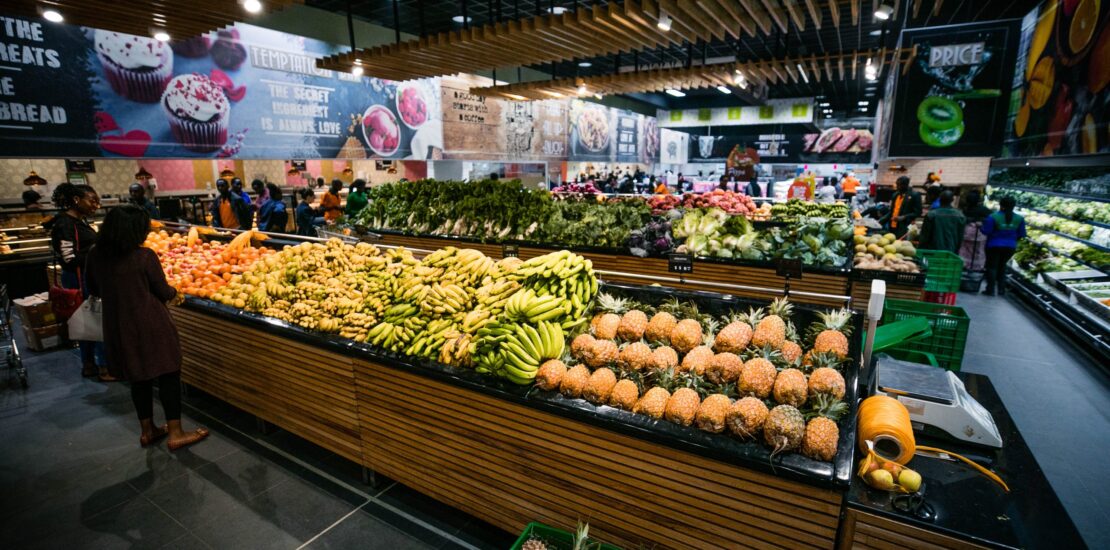 AFRICA UEMOA encourages consumer interest in local products On the occasion of the first “October, month of local consumption” in its eight member states, the West African Economic and Monetary Union (UEMOA) aims to counter the growing disinterest of West African consumers in local products (Commodafrica, 8 October). In a UEMOA market of 120 million consumers, African companies are faced with a growth in imports of food products. Encouraging the consumption of local products must also involve supporting national agriculture… +
AFRICA UEMOA encourages consumer interest in local products On the occasion of the first “October, month of local consumption” in its eight member states, the West African Economic and Monetary Union (UEMOA) aims to counter the growing disinterest of West African consumers in local products (Commodafrica, 8 October). In a UEMOA market of 120 million consumers, African companies are faced with a growth in imports of food products. Encouraging the consumption of local products must also involve supporting national agriculture… +News Digest: Agri-food policy
- 19/11/2020
- Posted by: Emmanuel Bourcelet
- Category: News
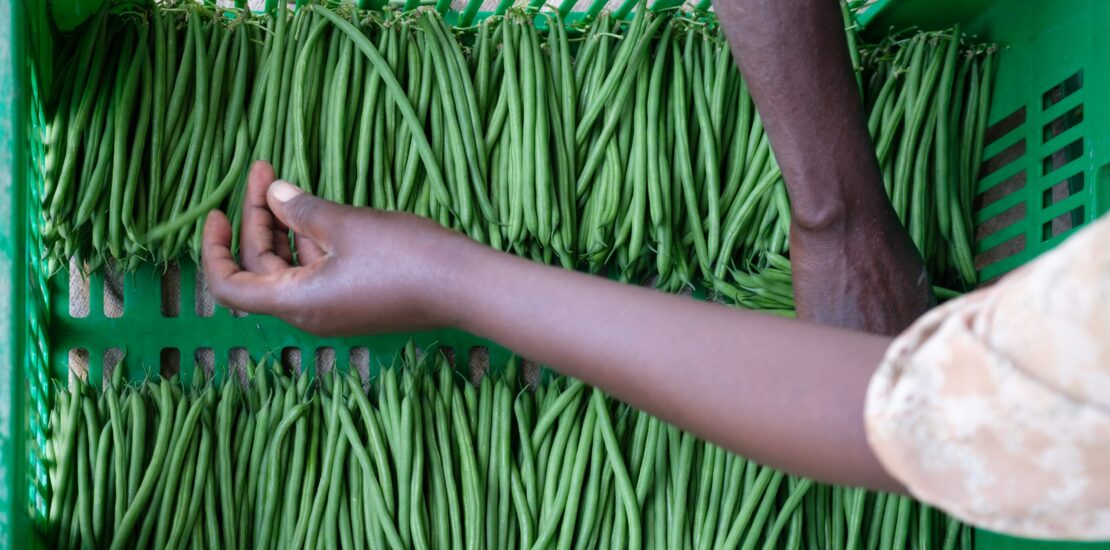 ACP COMESA: Product diversity critical for regional trade Intra-regional trade is being weakened by a lack of product diversity, as most states within the Common Market for Eastern and Southern Africa (COMESA) and the whole of Africa are producing and exporting similar goods (Chronicle, 11 November). COMESA recently expressed concern over the low intra-regional trade among its 21 members, which is estimated at 7%. Details are in a research paper titled “Estimating Comesa’s trade potential in Africa: optimising export opportunities… +
ACP COMESA: Product diversity critical for regional trade Intra-regional trade is being weakened by a lack of product diversity, as most states within the Common Market for Eastern and Southern Africa (COMESA) and the whole of Africa are producing and exporting similar goods (Chronicle, 11 November). COMESA recently expressed concern over the low intra-regional trade among its 21 members, which is estimated at 7%. Details are in a research paper titled “Estimating Comesa’s trade potential in Africa: optimising export opportunities… +Technical team of Zimbabwe Farmers Union reinforcing training capacity on Crop Protection and Safe Use of Pesticides
- 18/11/2020
- Posted by: Sandra Borma
- Category: News, Zimbabwe
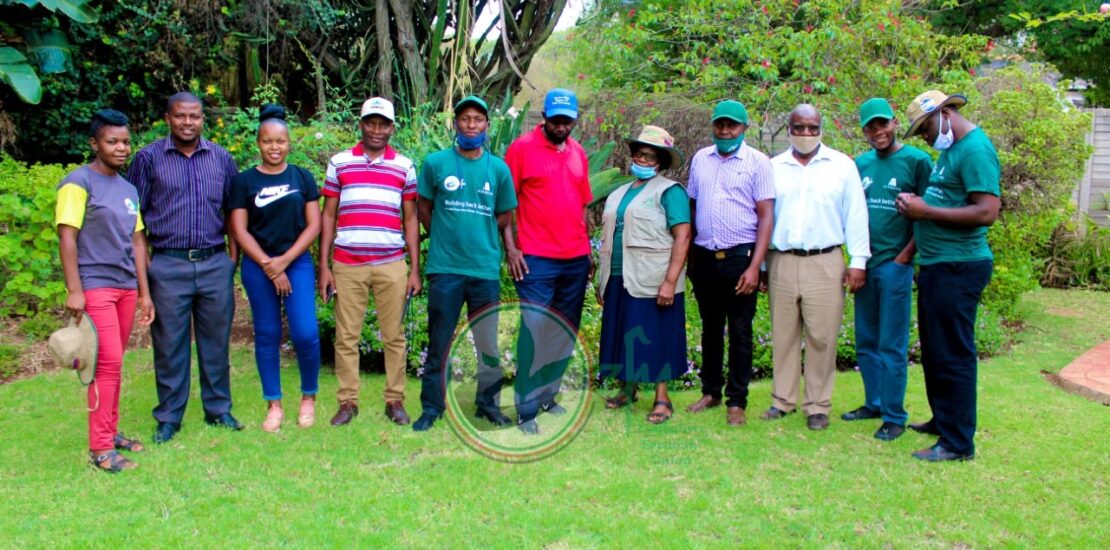 ZFU is the largest farmers’ organization in Zimbabwe in terms of number of members, representing over a million farming households. The technical team of ZFU, including capacity building managers and provincial managers, is following a training series to strengthen their technical and teaching skills to keep their member farmers up to date with the latest knowhow to enhance quality and productivity. This first training handled Crop Protection and Safe Use of Pesticides, which improved their background knowledge about identification of… +
ZFU is the largest farmers’ organization in Zimbabwe in terms of number of members, representing over a million farming households. The technical team of ZFU, including capacity building managers and provincial managers, is following a training series to strengthen their technical and teaching skills to keep their member farmers up to date with the latest knowhow to enhance quality and productivity. This first training handled Crop Protection and Safe Use of Pesticides, which improved their background knowledge about identification of… +
